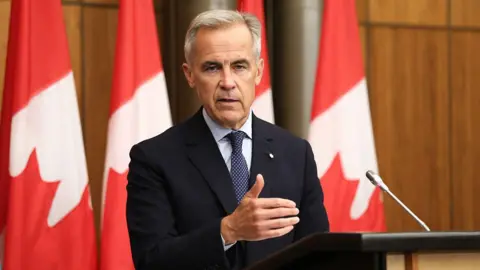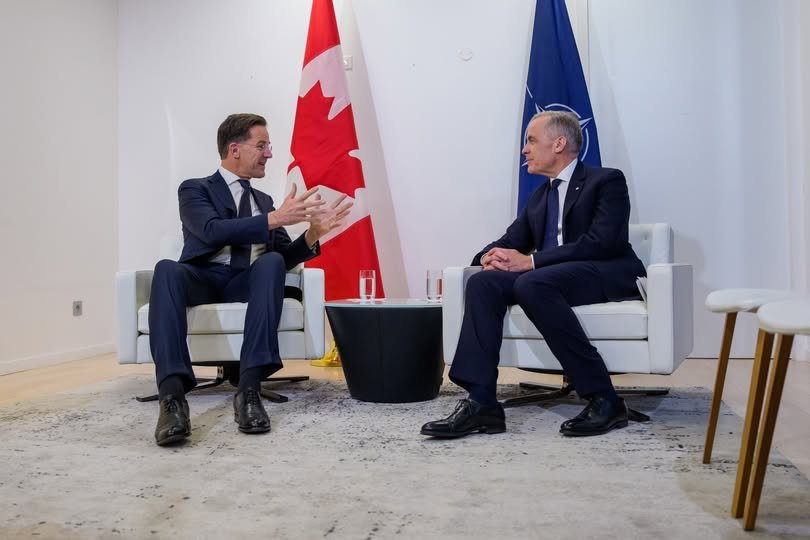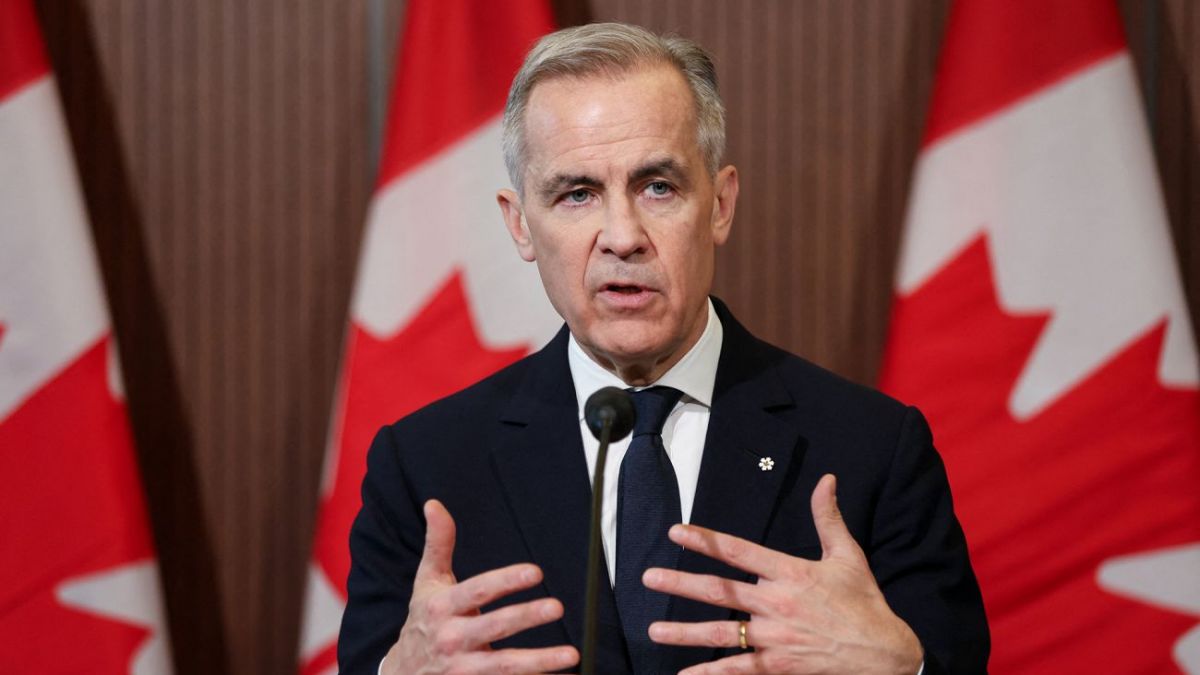Ottawa, September 26, 2025 – The Europe Today: Canada has decided not to proceed with counter-tariffs on non-CUSMA-compliant goods, a move described by trade experts as a pragmatic decision driven by bureaucratic and trade considerations.
William Pellerin, international trade lawyer and partner at McMillan LLP, said the announcement appeared to align Canada’s approach with that of the United States. “The way the prime minister appeared to announce this was to be more by way of matching what the U.S. is doing to Canada,” Pellerin noted. He added that there may also have been a political dimension, with the government seeking to present a quid pro quo.
The announcement was made by Governor Mark Carney on August 22, with the official government notice published on August 29. The precise timing of the policy shift remains unclear, and a spokesperson for the finance minister’s office did not provide further details.
Experts noted that the revenue expected from counter-tariffs on non-CUSMA-compliant goods would likely have been minimal and insufficient to cover additional staffing costs at the Canada Border Services Agency for enforcement. “In many ways, it made sense to drop the counter-tariffs altogether,” Pellerin said, describing the decision as an “exercise in bureaucratic restraint.”
The majority of goods crossing the border are eligible for CUSMA compliance; however, meeting the designation requires satisfying specific criteria and completing substantial paperwork. This process is often considered cumbersome and costly, requiring additional enforcement and compliance measures on the Canadian side.
A spokesperson for Finance Minister François-Philippe Champagne emphasized that the government’s main objective is to advance trade talks with the United States. “The government was elected to negotiate a strong deal — not just any deal, but a good deal that protects Canadian workers and industries, advances Canada’s economic priorities and puts our industrial might to good use,” said John Fragos.
Fragos further highlighted that the government has adapted trade mechanisms to support Canadians amid changing trade patterns.
However, the decision has drawn criticism from Conservative Leader Pierre Poilievre, who accused the prime minister of making “generous concessions” to the U.S. without receiving significant benefits in return. Poilievre also quipped about Carney’s “elbows up” slogan, noting that “his elbows have mysteriously gone missing.”














